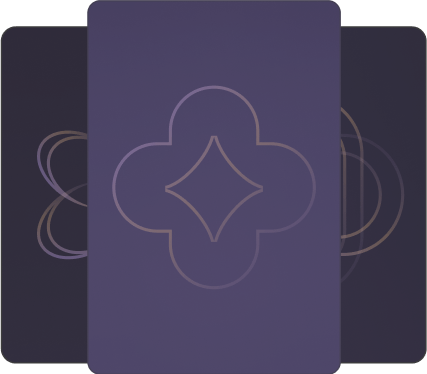What is
The AI Economy by Roger Bootle about?
The AI Economy explores how artificial intelligence will reshape global industries, labor markets, and economic systems. Roger Bootle analyzes AI’s potential to boost productivity, disrupt employment, and alter wealth distribution, while debunking extreme predictions about AI’s societal impact. The book balances optimism with practical insights, focusing on finance, healthcare, and education sectors.
Who should read
The AI Economy?
Economists, policymakers, tech professionals, and business leaders seeking to understand AI’s economic implications will benefit from this book. It’s also valuable for students studying automation’s impact on labor markets or readers interested in evidence-based forecasts about AI-driven societal changes.
Is
The AI Economy worth reading?
Yes, for its grounded analysis of AI’s realistic near-term effects. Bootle avoids hype, offering actionable insights for adapting to AI-driven shifts in work, education, and policy. The book’s blend of historical context and macroeconomic perspective makes it a standout in tech-economy literature.
How does Roger Bootle assess AI’s impact on jobs?
Bootle predicts AI will displace repetitive tasks but create new roles requiring creativity and emotional intelligence. He emphasizes that job losses may concentrate in sectors like manufacturing, while healthcare and education could see growth. Reskilling and policy interventions are critical to mitigating unemployment.
What distinguishes AI from past industrial revolutions?
Unlike steam or electricity, AI’s impact is broader, affecting cognitive tasks and decision-making. Bootle argues this revolution’s uniqueness lies in its speed and ability to complement human intelligence, not just physical labor. However, he cautions against overestimating short-term disruptions.
How does
The AI Economy address income inequality?
Bootle warns that AI could widen wealth gaps if benefits concentrate among tech elites. He advocates for progressive taxation, universal basic income, and education reforms to ensure equitable distribution of AI’s economic gains.
What role does government policy play in Bootle’s vision?
Governments must regulate AI deployment, invest in STEM education, and modernize social safety nets. Bootle stresses collaboration between policymakers and tech leaders to balance innovation with worker protections.
How does the book suggest preparing for AI-driven changes?
Bootle recommends prioritizing adaptability, lifelong learning, and emotional intelligence. Businesses should focus on AI-human collaboration models, while individuals should cultivate skills machines cannot replicate, like critical thinking and empathy.
What are key criticisms of
The AI Economy?
Some reviewers argue Bootle underestimates AI’s long-term disruption potential, particularly in creative fields. Others note the book focuses heavily on Western economies, offering less insight into AI’s impact on developing nations.
How does
The AI Economy compare to other AI-focused books?
Unlike speculative works, Bootle’s analysis is rooted in macroeconomic principles and historical precedents. It complements technical guides by focusing on societal adaptation, making it ideal for readers seeking pragmatic strategies over futuristic theories.
What long-term societal shifts does Bootle predict?
He envisions shorter workweeks, redesigned education systems, and increased leisure time as AI handles routine tasks. However, he warns these changes depend on effective governance and public willingness to embrace lifelong learning.
Can AI reverse slowing economic growth, per Bootle?
Yes – Bootle argues AI-driven productivity gains could counteract stagnant growth if paired with infrastructure investments. However, he cautions that mismanaged adoption may exacerbate economic inequality without proper policy safeguards.









